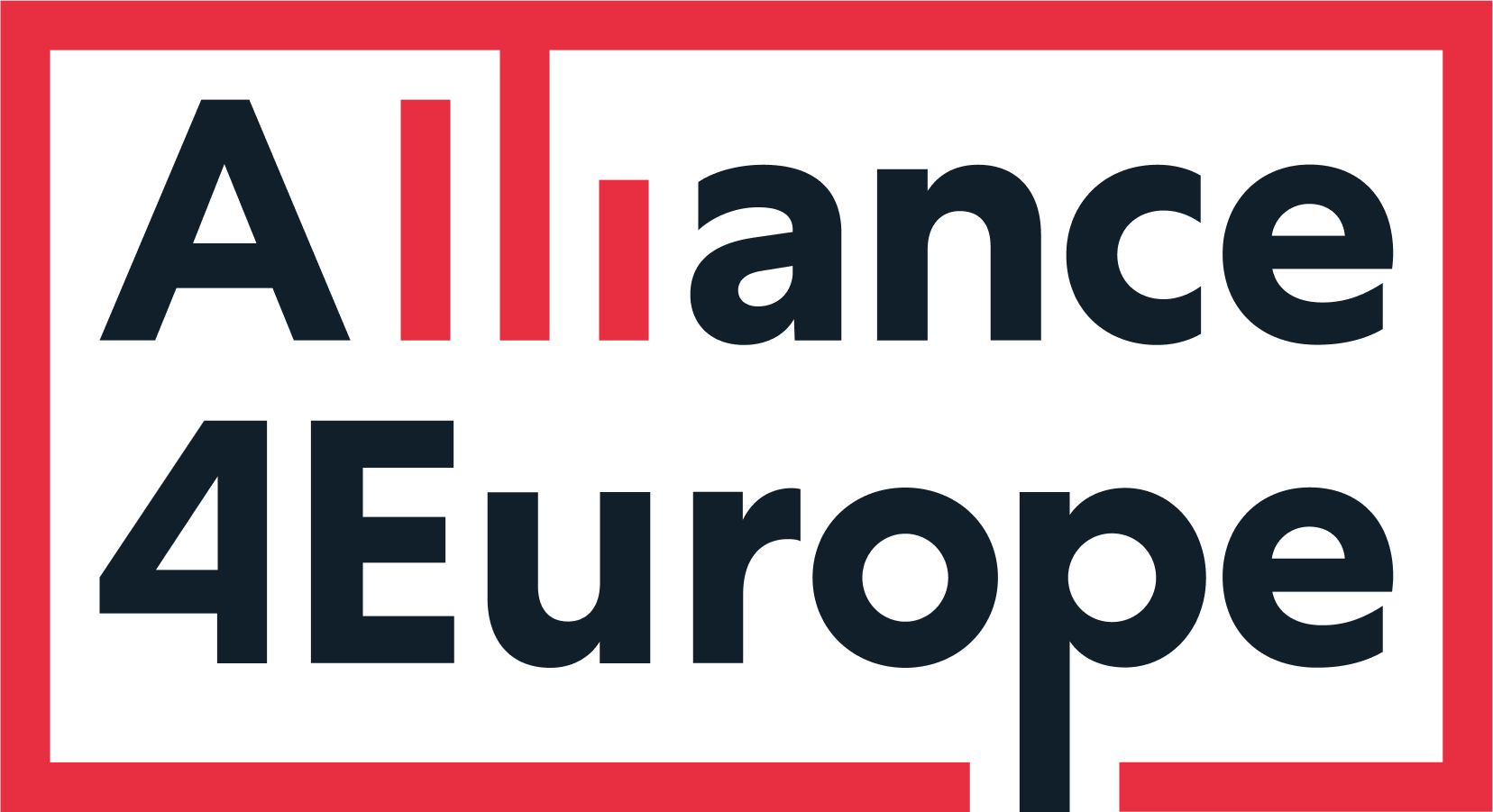How we see the world depends on what we know and how we learn. For democracies, our ability to make decisions on crucial issues depends on our ability to make sense of the world together. That is why education and active citizenship are so crucial for the future of a democratic Europe.
It’s important to give your eyes rest during the day, a crucial lesson of the Covid pandemic. All of us have been staring at our screens that much more, from phones to laptops to tablets and one video call to the next. From school children studying at home to grandparents isolating, we have been physically alone and digitally connected. In the meantime, we have been frantically trying to make sense of the complex realities around us – how does the virus travel? Where to get a test? When will I get a vaccine? When will I be able to travel?
As many philosophers, linguists and anthropologists might be able to tell you, how we see the world and what we see in the world is determined by the language we use, and the knowledge we have access to. We cannot know what we cannot describe, and cannot make sense of phenomena we haven’t defined. Now, we have an avalanche of information and disinformation that we need to surmount somehow every day of our lives. Our attention spans are being shortened, and our habits manipulated to click and click.
For democratic societies to be able to make decisions, there has to be a public debate, and for a public debate citizens need to be able to see and engage with complexity in the world. They need to be able to make arguments to each other about why some issues matter more than others. Without these societal mechanisms, decisions cannot be taken. If citizens believe for some reason that vaccines are full of hidden microchips, or whichever other outrageous conspiracy theory, they will refuse life-saving treatment. If there is no understanding of what the science says about climate, there will be no support for climate action, and if there is no public understanding of how the European economy actually works, there will be no real economic recovery. These are critical issues.
Responding to this sensory overload we live through requires new and innovative tools, but in the long run it all comes down to essential fundamentals: On one axis, we need to nurture active participation in society. Simply put, people need to be able to engage with their fellow human beings, in their town, in their countries, and across borders, to talk about issues that matter. At the same time, no participation can be meaningful without education. A massive investment in education should be almost as high of a priority for democratic societies as action on climate or the economy, because without education, no action is possible. We need education on how the digital space works, how democracies function, what diversity means. We need digital citizenship education on how to participate and connect online, and language education so that multi-lingual European citizens can connect and speak to one another.
These fundamentals of active citizenship and education overlap and interact, and add up to a new capacity for collective sense-making in society. When we can generate a shared conception of what makes sense, we can make reasonable and mutually beneficial decisions together.
Civil society initiatives like Citizens Take Over Europe, and communities like the EuropeWeWant, the European Citizen Action Service, and many more, are driving forward an agenda of innovative participation that allows for exactly this. There is a vibrant and dynamic vision developing, with like-minded organisations and passionate people building up an ecosystem for participation and education across Europe. A budding new initiative across the Atlantic, Consilience has set out an inspiring vision on sense making. Within the deluge of noise, there are blooming signs of fresh new ways forward.
Soon enough, we might be able to rest out eyes a little, and learn to see the world in new ways.
